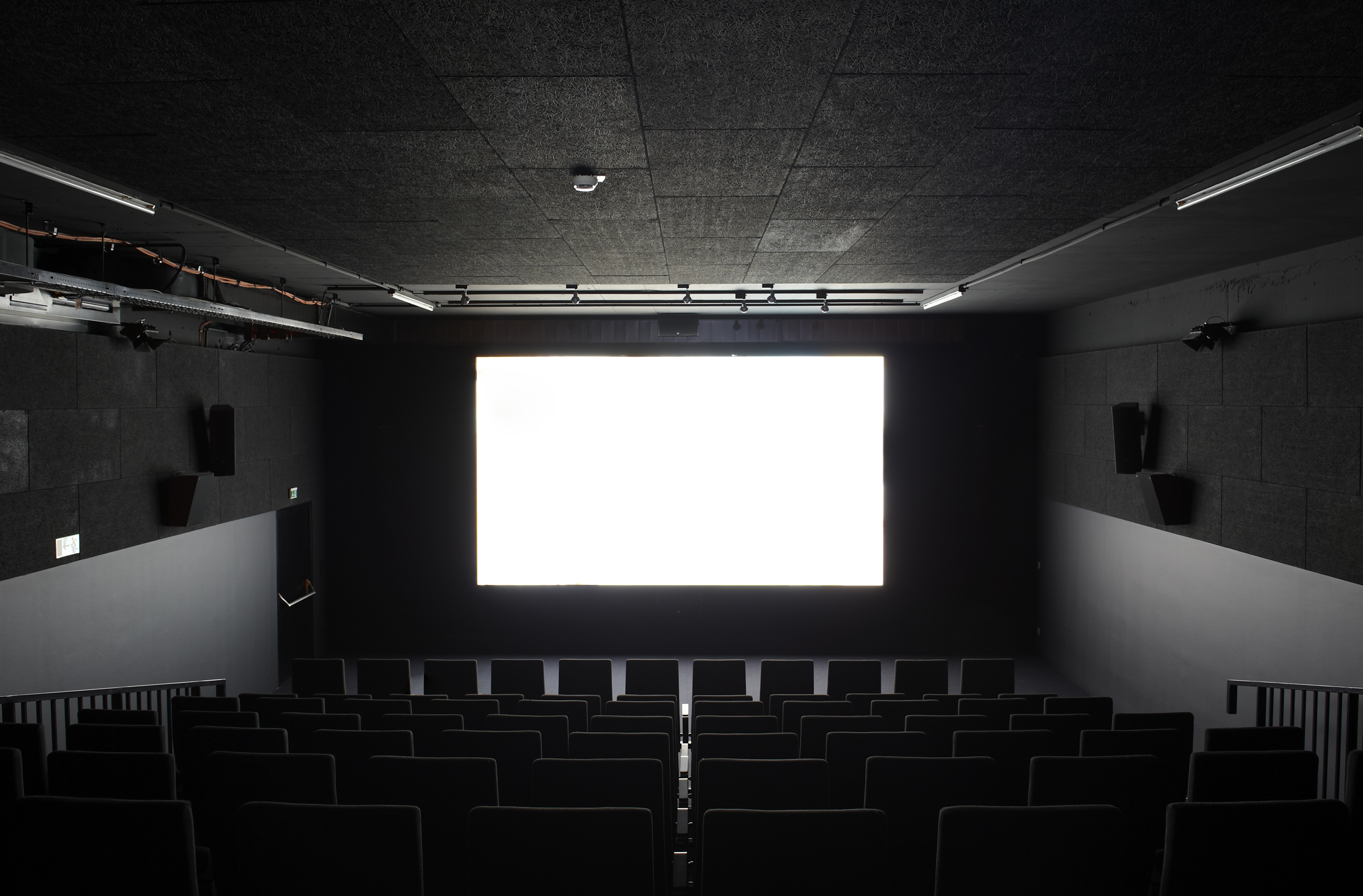Select Tickets:
Select Day:
Opening hours
Tuesday to Sunday
10 am to 6 pm

16.5.2018
Casting a Shadow (2)
Casting a Shadow (2)
The practice of “casting” inherent to the logic of making theater and film often transpires to be a prism for the relationships between directing and acting, as well as interpretation and representation in the light of questions of power and self-empowerment, or dominance and subservience, and in a frequently sexualized context. In the course of “ludic capitalism” (Alexander R. Galloway), casting as a show format has long entered private television and has also come to play a key role in the world of labor and the so-called social media: as the popular genre of the casting show exemplifies, this is on the one hand a matter of a competition between different (performative) “skills” and “talents,” and on the other hand a public act of (self-)evaluation and selection. This film series addresses relevant discourses in game theory, behaviorism, and cybernetics, and aims to explore exemplary artistic and cinematic works in terms of the conceptual and reflective implications of casting as a sub-genre of rehearsal. This is seen as an illustration of collective (re-)interpretations of normative role patterns and requirements for achievement, and also as a barometer for changing relations between reality and fiction
Processes, Processions, Projections
The second part of this series presents films by Abbas Kiarostami, Marlies Pöschl, and Jean-Luc Godard. In Abbas Kiarostami‘s No, four-year-old Rebecca is casted for a film that tells the story of two small girls. To get the role she has to have her beautiful long hair cut off. Will Rebecca sacrifice her hair in order to become a star? Marlies Pöschl’s Sternheim is a semi-documentary film that adapts a 1771 coming-of-age novel, The Story of Miss von Sternheim by Sophie La Roche, in the format of a casting show. Twelve teenagers take part in a theater workshop and are casted for a film at the same time. Jean-Luc Godard‘s Grandeur et décadence d'un petit commerce de cinéma is the story of the unsuccessful producer Jean Almereyda, who is preparing a new film with director Gaspard Bazin. The actors invited to the casting have to quote texts by William Faulkner: „L’essentiel, ce ne sont pas nos sentiments ou nos expériences vécus. Mais la ténacité silencieuse avec quoi nous les affrontons.“
Program
Abbas Kiarostami, No, 2010, 8 min
Marlies Pöschl, Sternheim, 2011, 35 min
Jean-Luc Godard, Grandeur et décadence d'un petit commerce de cinéma, 1986, 92 min
Presented by Sabeth Buchmann and Constanze Ruhm, followed by a conversation with Marlies Pöschl
Sabeth Buchmann lives in Berlin and Vienna. She is an art historian and critic and professor for modern and postmodern art at the Academy of Arts Vienna.
Marlies Pöschl currently lives in Paris and Vienna. Exhibitions/festivals (selection): Pepper Perceval, CAC Brétigny, Brétigny sur Orge/Paris (2018); International Competition, Cinéma vérité, Iran International Documentary Film Festival, Teheran (2017); Innovatives Kino, Diagonale – Festival des österreichischen Films, Graz (2017).
Constanze Ruhm lives in Berlin and Vienna. She is a filmmaker, artist, and professor for art and digital media at the Academy of Fine Arts Vienna.
© mumok – museum moderner kunst stiftung ludwig wien